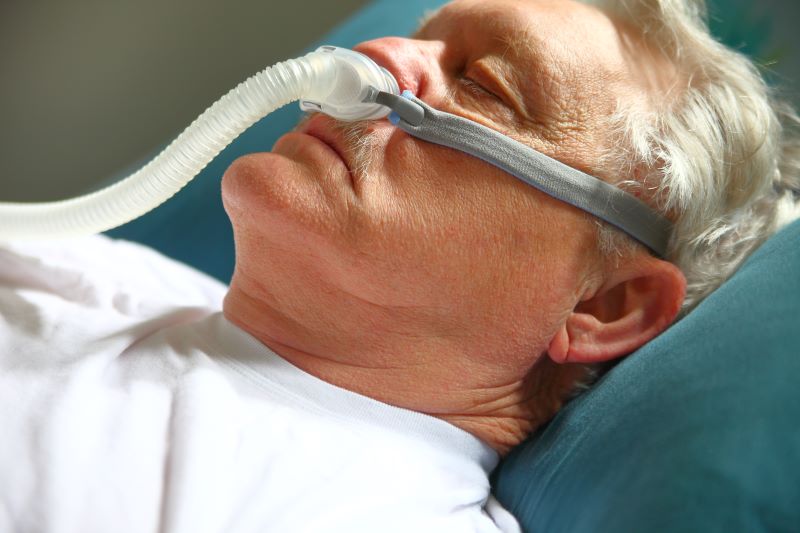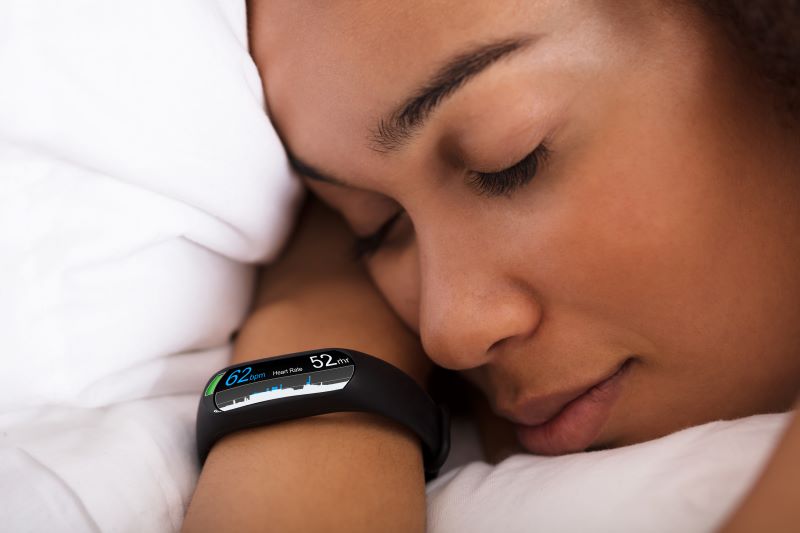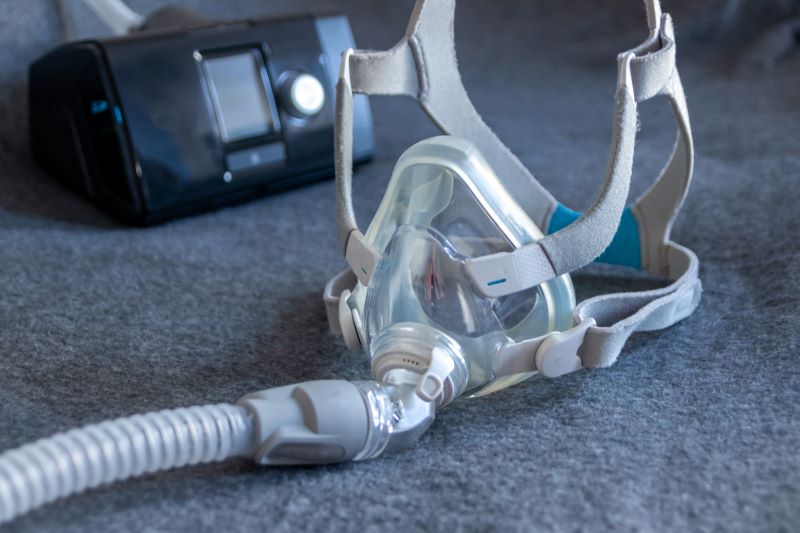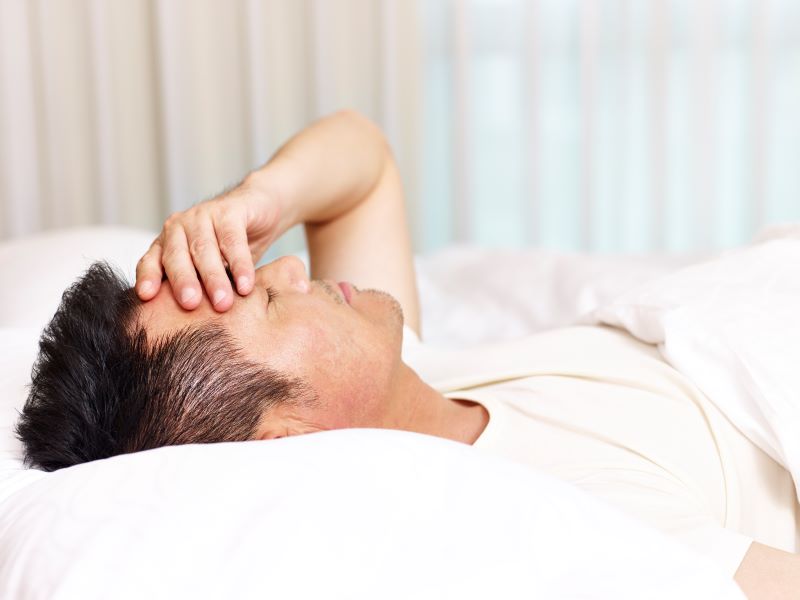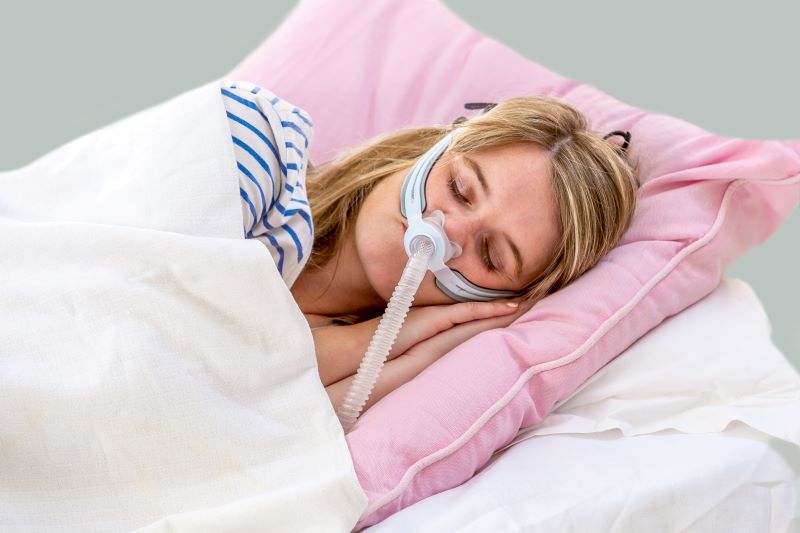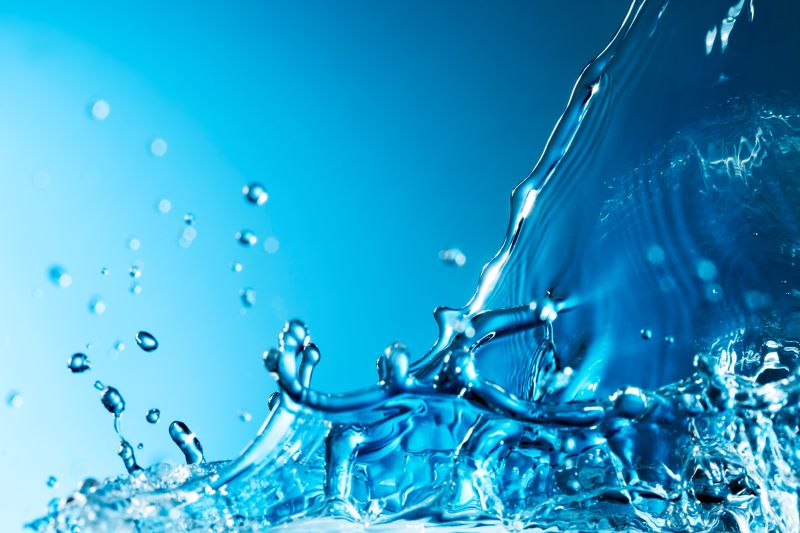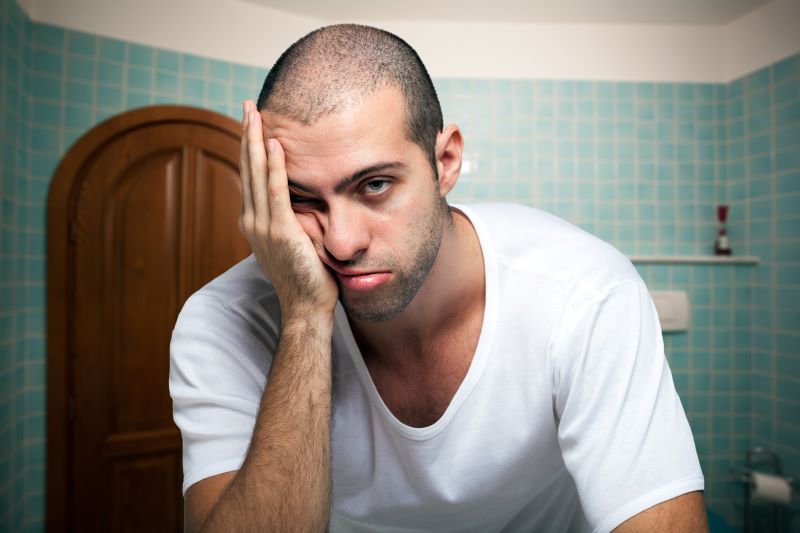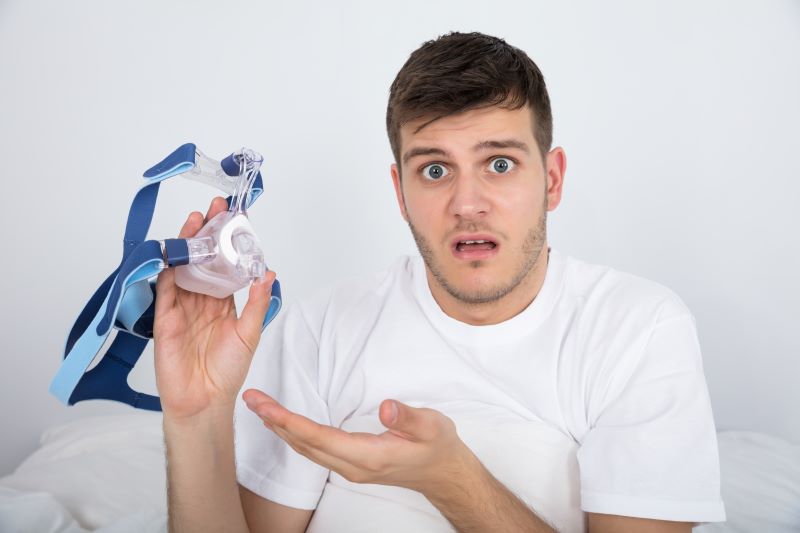If you’ve been diagnosed with sleep apnea and have been advised to use a CPAP machine, choosing a machine and a mask can get overwhelming. There are many choices, and finding the right one is crucial for getting a good night’s sleep. This article will explore one style of mask: the nasal pillow.
Advantages of Using Nasal Pillow CPAP Machines
There are three types of CPAP nasal masks in the market: the full-face mask, the nasal mask, and the nasal pillow mask.
What is a Nasal Pillow Mask?
Nasal pillow CPAP masks have plastic inserts that look like earphone buds. These slip directly into the nostrils. The small cushions fit at the end of the nose. Prescribed pressure keeps the airways open. The nasal pillow mask is the least intrusive of the different mask styles and helps with some specific problems experienced by CPAP users: air leaks and claustrophobia.
No Claustrophobic Feeling
Nasal pillow masks provide ample open area on your face compared to the other two mask styles. It has a minimal design, and the mask and placement straps cover very little of the face. This design helps anyone claustrophobic.
Clear Field of Vision
Compared to the other masks, a nasal pillow mask has a more significant field of vision, meaning one will have no trouble reading or watching movies while wearing the mask.
Great for Active Sleepers
For those who move frequently while sleeping, nasal pillow masks stay in place the entire time and have less possibility of air leaks. It doesn’t matter the position; the mask stays in place.
Problems Associated with Using Nasal Pillows
Nasal pillow CPAP machines are not for everyone. Some people find them uncomfortable. They might tickle or irritate the nostrils. If they don’t fit perfectly, they might cause sores within the nose. Nasal pillows need to be correctly sized to minimize these issues. If they’re too large, they might stretch the nostrils uncomfortably. If they are too small, air might leak out around them, reducing the effectiveness of the treatment. In some cases, individuals with sensitive skin can develop a reaction to the plastic.
These are uncommon complications, and proper fittings can address most of them. Most people find that nasal pillow CPAP machines are a better option for CPAP administration to treat sleep apnea.
Parkway Sleep Center
Are you new to using a CPAP and having trouble adjusting to it? Parkway Sleep Center can help. Proper fitting and the type of mask can make a huge difference. Contact us today at 919-439-3463 and schedule an appointment. Soon you’ll be sleeping soundly through the night.


